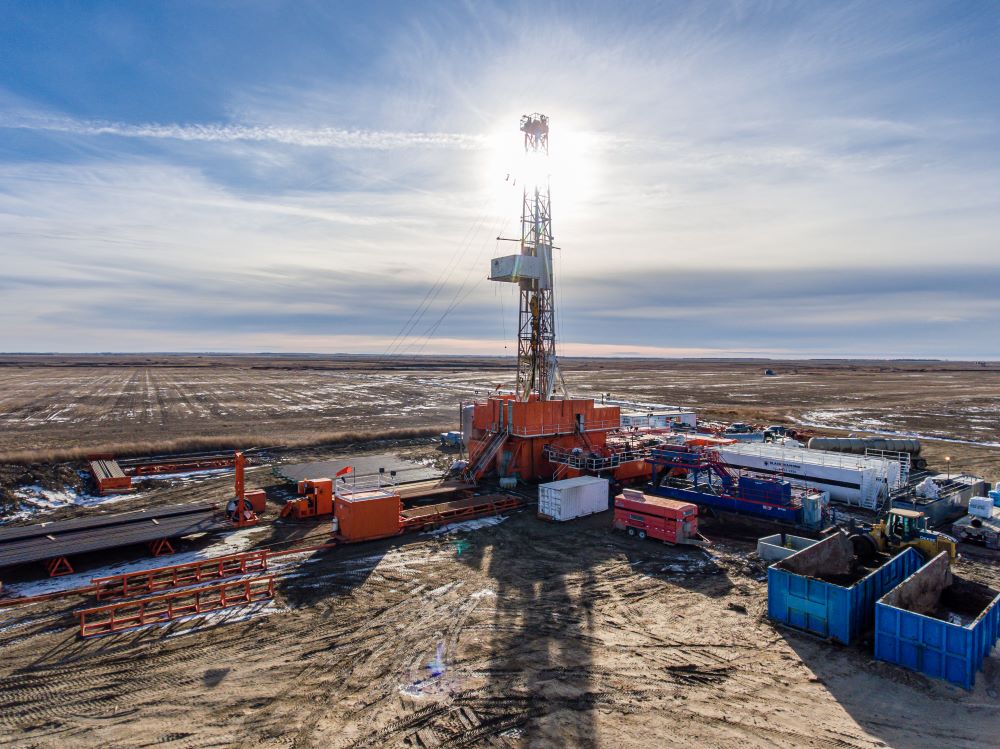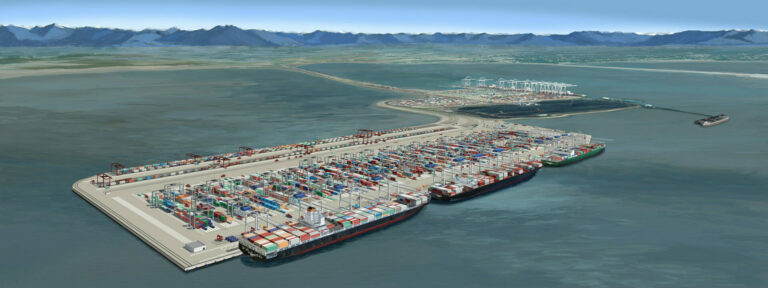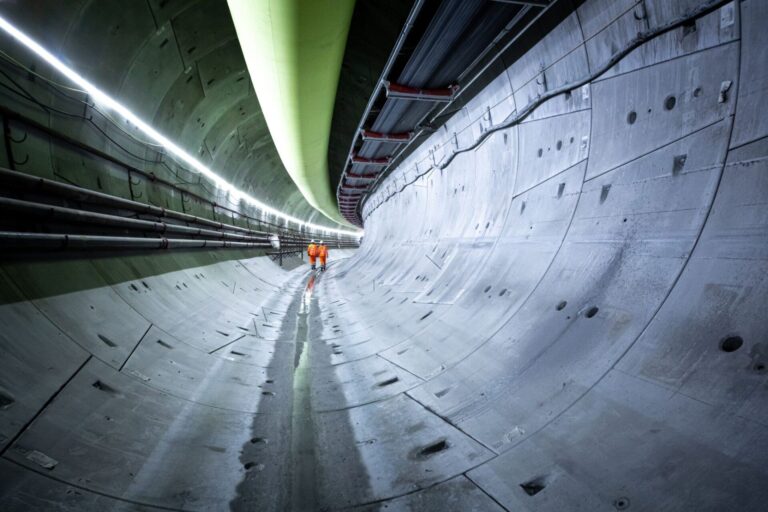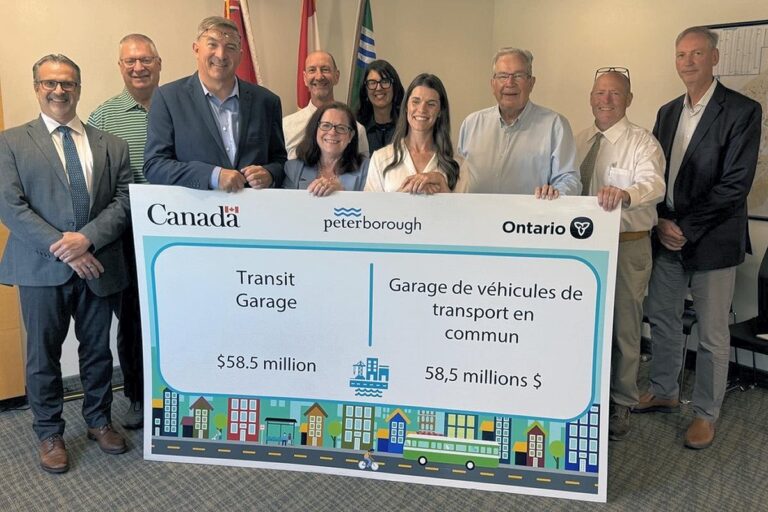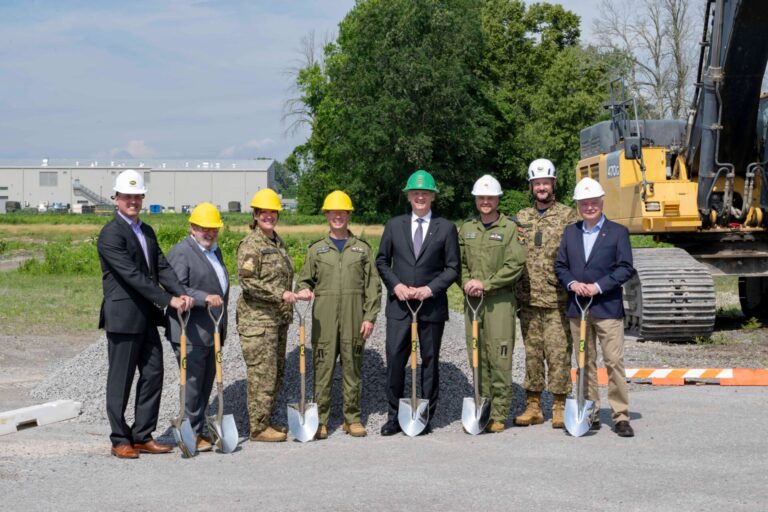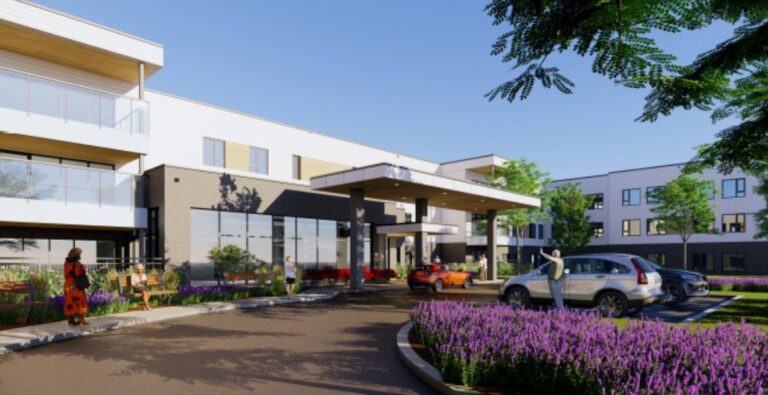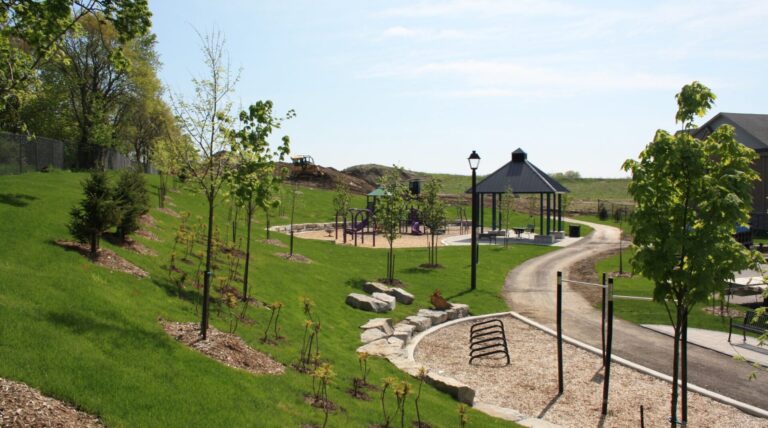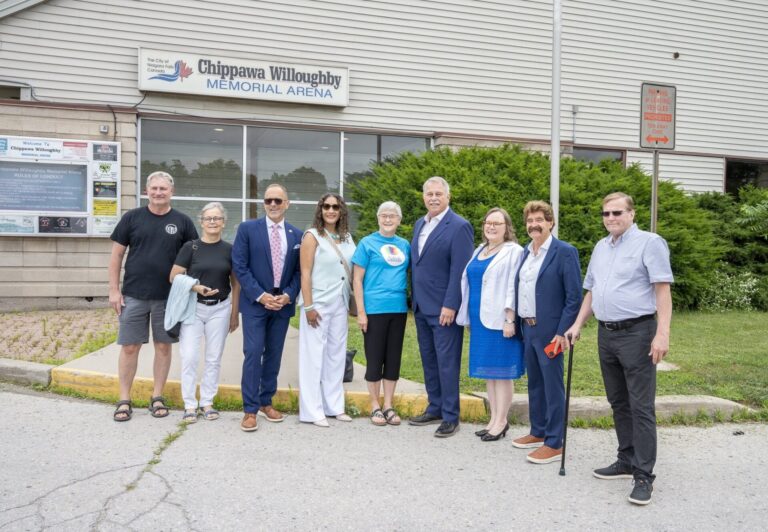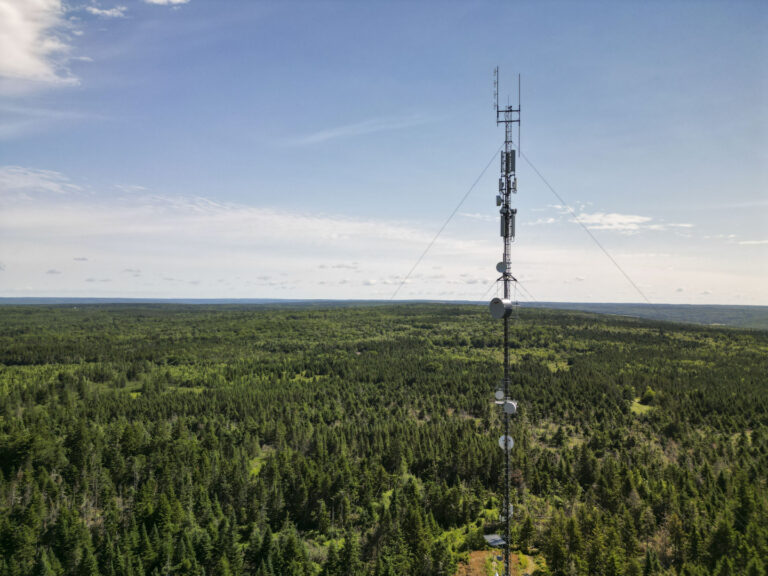Deep Earth Energy Production (DEEP) announced that a strategy for the engineering, construction, and commissioning of DEEP’s first geothermal project in southeast Saskatchewan has been finalized. Engineering and procurement activities have commenced. Field construction is planned for Q3, 2023.
Geothermal power generation has the capacity to provide renewable, reliable baseload energy (24/7), and the DEEP project in Saskatchewan is anticipated to be the first Canadian 100% naturally sourced geothermal power facility.
DEEP has concluded that the reservoir characteristics could support the construction of multiple geothermal expansion facilities in southeast Saskatchewan over several years. DEEP is grateful for the ongoing support from Natural Resources Canada, SaskPower and private partners as DEEP is now firmly positioned to convert its geothermal resource into renewable energy.
DEEP is positioned to move forward with the construction phase of a 25 MW power facility in southeast Saskatchewan, which includes a 5 MW power purchase agreement with SaskPower. The facility is planned to be constructed in 2 phases – 5 MW followed by an additional 20 MW at the same location. Production and injection wells are planned to be drilled to a depth of approximately 3.5 kilometres and horizontally for an additional 3 kilometres.
DEEP’s “ribcage” layout and geothermal well field design are leading edge and may be a globally transformative application of modern oil and gas drilling and completions techniques, which will be applied for the first time on a renewable energy project. Wells with equivalent depth, lateral length and step out are routinely drilled in the hydrocarbon resource plays of the Western Canadian Sedimentary Basin and DEEP will be leveraging this local knowledge and drilling capability. The well design also incorporates learnings from DEEP’s 5 vertical and 1 horizontal test wells drilled from 2018 – 2021. To help prevent corrosion, all wells are engineered to be completed with carbon steel tubing that incorporates a non-metallic coating.
The subsurface geological reservoir model predicts that the well spacing for the first 25 MW field development will utilize only 10 per cent of DEEP’s entire subsurface lease that covers 39,568 hectares (97,775 acres). This large subsurface lease is anticipated to support the build-out of multiple power facilities greater than 200 MW. 25 MW is roughly equivalent to the power required to supply 25,000 households.
The geothermal resource is designed to generate power utilizing Organic Rankine Cycle (ORC) technology, which is fast becoming the most deployed technology for new geothermal installations. Engineering and procurement activities of long lead well and surface facilities items are underway. Licensing and permitting for all well and surface facilities are anticipated to commence in Q1-2023.
Field work for a 56.2 km 2 3D seismic program has commenced and projected to be completed in March. Data will be utilized for horizontal well trajectory planning on the eastern half of the first well array and for future expansion planning.
Surface facility construction and drilling are planned to commence in Q4, 2023 with first power production estimated by summer 2024.
Featured image: The Deep Earth Energy Production facility near Torquay is set to expand beyond a test facility, with the plan to have power generation underway by the summer of next year. (DEEP Earth Energy Production Corp.)

